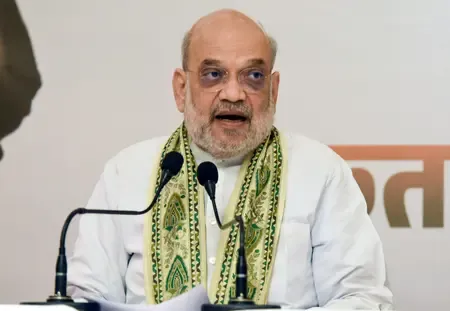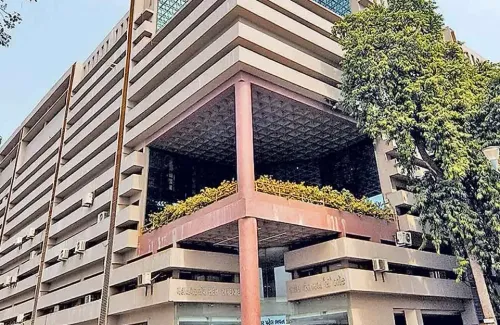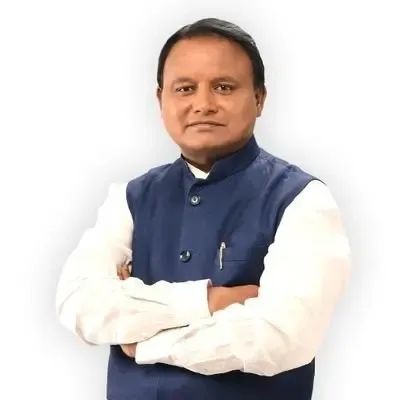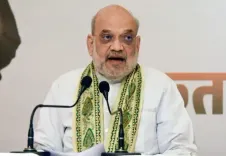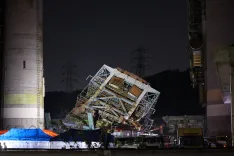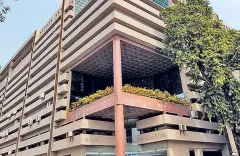Will Sajjan Kumar's Journalist Witness Testify in 1984 Riots Case?
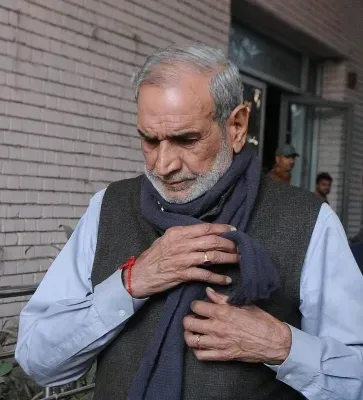
Synopsis
Key Takeaways
- Sajjan Kumar's plea to call a journalist has been accepted.
- The next hearing is set for September 16.
- Kumar claims he is innocent and politically targeted.
- The 1984 riots are a significant part of India's history.
- Community members continue to seek justice.
New Delhi, Sep 6 (NationPress) A special court in Delhi has granted former Congress MP Sajjan Kumar's request to summon a journalist as a defence witness in connection with the ongoing case surrounding the 1984 anti-Sikh riots in Vikaspuri, West Delhi. The ruling was made by Special Judge Digvinay Singh, who scheduled the journalist's testimony for September 16, with the next hearing set for that date.
During previous proceedings, Kumar asserted his innocence, alleging that he is a victim of political machinations aimed at implicating him. He specifically addressed the accusations related to the deaths of two Sikhs, Sohan Singh and his son-in-law Avtar Singh, as well as the tragic case of Gurcharan Singh, who was reportedly set on fire during the riots.
“I maintain my innocence. I was never part of this crime, even in my dreams. There is absolutely no evidence against me,” Kumar stated in court.
“Initially, I was not even mentioned by witnesses. Years later, I was wrongfully named. This case is fabricated and politically motivated,” he continued.
The catastrophic events of the 1984 riots erupted following the assassination of Prime Minister Indira Gandhi by her Sikh bodyguards on October 31, 1984.
Years later, a Special Investigation Team (SIT) was formed based on recommendations from the Justice G.P. Mathur Committee to revisit 114 cases.
In August 2023, the trial court formally charged Sajjan Kumar under various sections of the Indian Penal Code (IPC) but opted to drop the murder charge under Section 302, previously applied by the SIT.
Earlier this year, a trial court sentenced Kumar to life imprisonment for the murders of Jaswant Singh and his son Tarundeep Singh in the Saraswati Vihar area on November 1, 1984, during the riots.
The SIT concluded that Kumar led a mob which, under his instigation, set the two victims on fire, vandalized their property, and harmed their family members.
Members of the Sikh community have described the 1984 riots as one of the “darkest and most shameful” periods in India’s history, calling for justice and urging the trial court to impose the death penalty on Sajjan Kumar.

